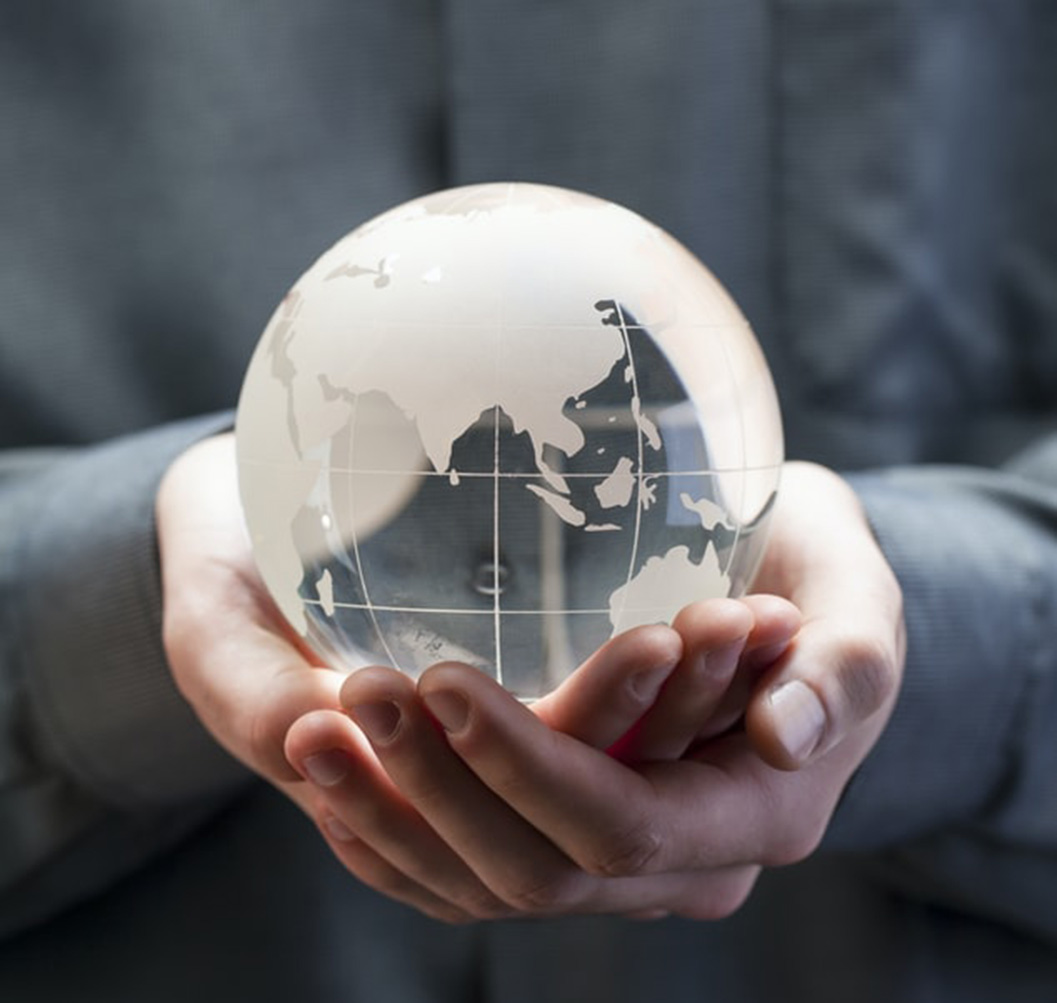We all are aware of the dreadful effects of global warming and human-induced climate changes. It is one of the most severe issues our planet faces today. It isn’t just an ecology problem: it is the issue of the economy, geopolitics and our mere survival. Lots of people can laugh at Greta Thunberg, but her message can’t be rejected: we are killing our environment right now, robbing our kids of a happy life on planet Earth.
To know more on this matter, read https://paperap.com/environment/. The major corporations aren’t too eager to take action. Maybe, the new generation has more power and determination to stop climate change?
Students start debates and demonstrations, turning the attention of other people to environmental issues. But they aren’t only the voices, but also the minds of the new ecological movement. Students now start researching and practically changing the world at local and global levels.
They don’t have as many resources as the corporations do, but they overpower such corporations in sheer numbers and determinations. Such projects as a recycling initiative Precious Plastic gather thousands of students (and not only students we should say) who build plastic-recycling machines, help to gather plastic and make new and useful things out of them.
The bracelets made of marine plastic, collected in the oceans are also one of the favourite jewellery pieces worn by younger people.
The new generation is also more prone to save energy. They use bikes and electric cars, scooters and monocycles instead of the “respectable” vehicles such as status cars. They care about water and electricity consumption and are more eager to accept smart house solutions. City beehives and bird nests are also gathering lots of students around them. Maybe, they are just more curious about nature or, possibly, the new generation is truly ready to take more responsibility.
The next defence line of Mother Nature is formed by young scientists. An ecologist is now an incredibly interesting profession with amazing career possibilities. Research institutes constantly offer better technologies for safe energy generation, land use, food distribution and so on.
Other young and eager people turn these clean solutions into profitable ones, and countless startups are blooming all over the world to be adopted by big corporations or become big corporations by themselves.
The supply of goods is dictated by the demand, and the new generation now becomes a bigger and bigger part of the customer audience. They are ready to choose an eco-friendly cafe which offers straws for drinks made of natural straws and corn or as well as disposable bamboo cups.
They choose the recycled and the recyclable, they avoid the cosmetics that have been tested on animals, they make their choice, and the market should react. To please the new customers, companies and brands shall create their own eco-initiatives and solutions, spreading the idea further and normalizing the eco-friendly and responsible lifestyle.
The newly graduated future politicians and economists are already working on the model of the no-fossil-fuel world. Oil and coal will be exhausted in mere 50 or 100 years, so it is high time to think about the new economy and new politics. Nowadays, the most prominent geopolitical players are heavily dependent on oil, gas and coal, but changing the primary energy source will lead to significant changes on the world map.
It is the younger generation that prepares us for such changes. The older and more conservative people prepare to cling to the old model, considering that there is enough oil for the rest of their life. So, the oil crisis is literally the problem of the youngest generation, created by their parents and grandparents.
It is the youth who should face the most burdensome consequences of the choices of the previous generation. We are on a crash course to the biggest ecology crisis in human history and our great (and possibly only) hope lies in the hearts and minds of savvy and responsible young people who are working for our future right now, on a local or global scale.





